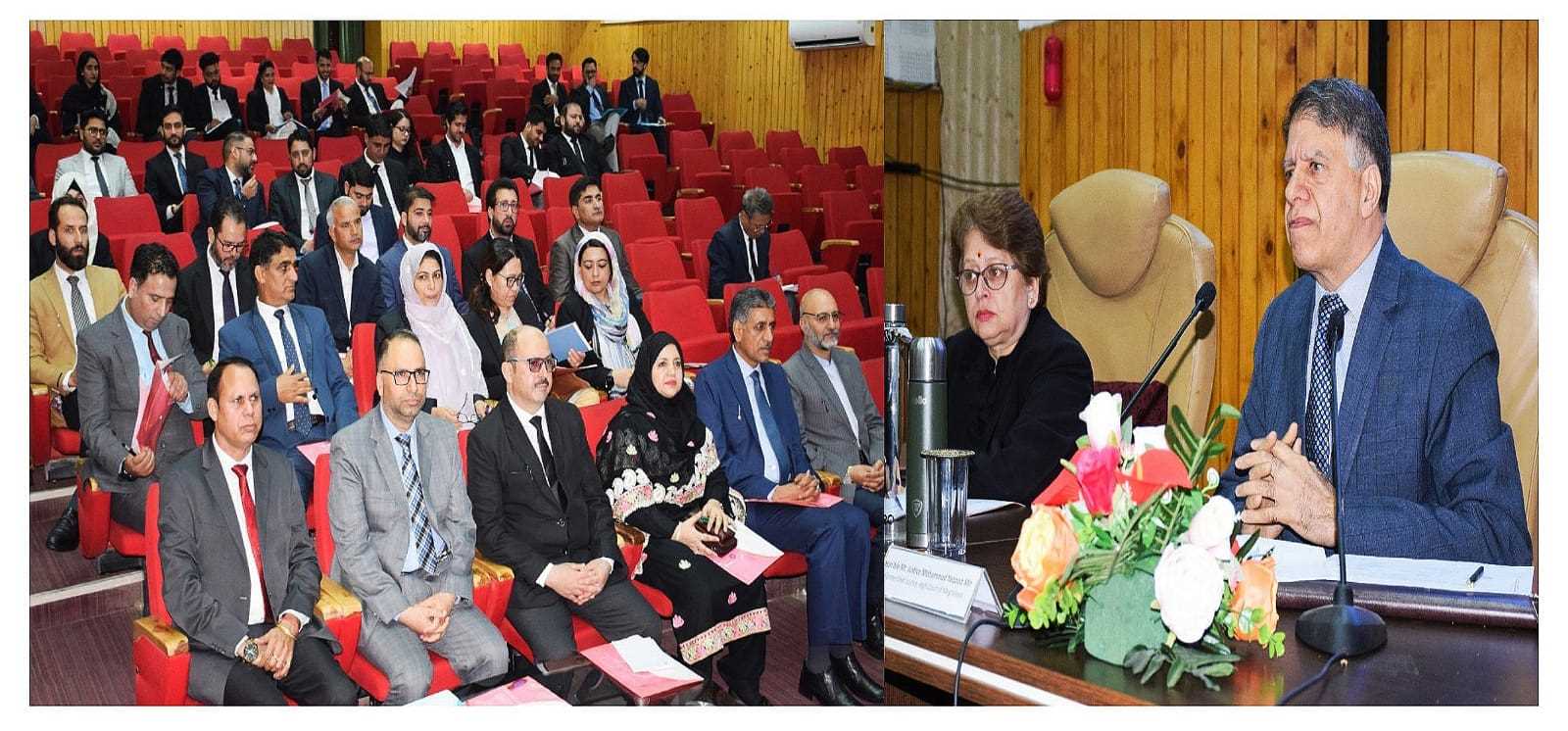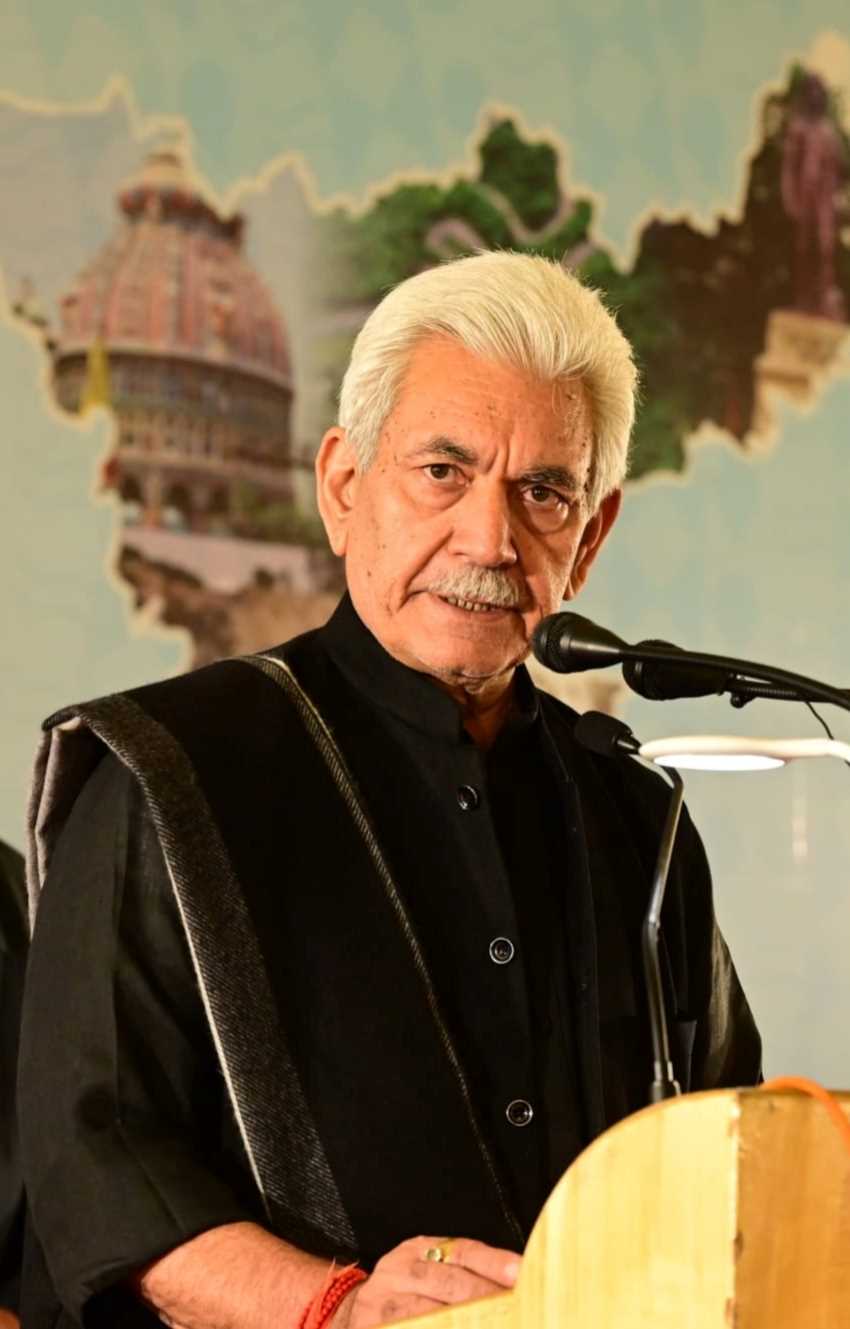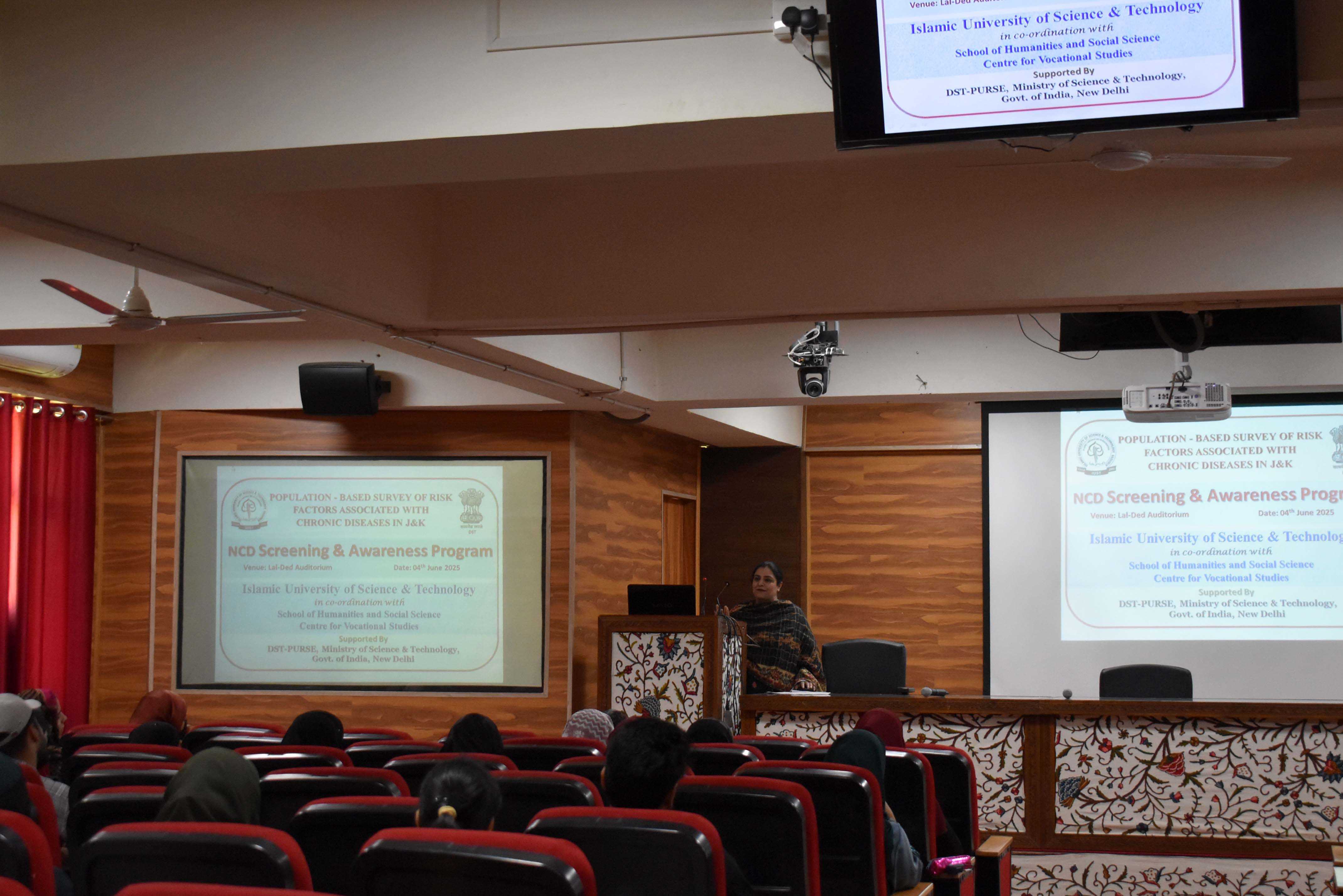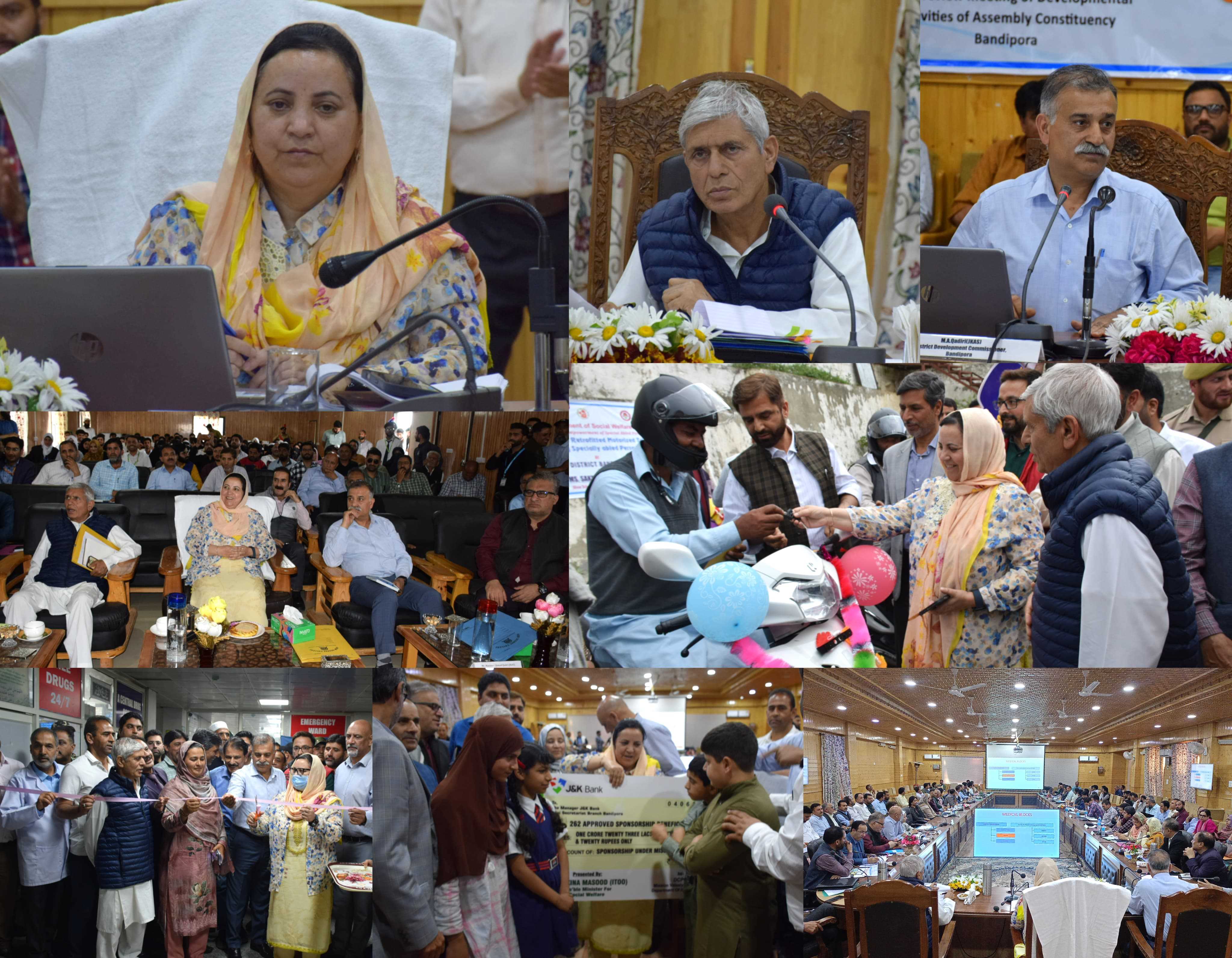Syed Ali Hamadāni was a versatile genius, a great saint and a scholar. He wrote profusely on Sufism and elucidated several earlier works on the subject. Although a great authority on theology and philosophy, he did not disdain to write on such varied secular subjects as jurisprudence, political science, and the science of physiognomy. Author of more than a hundred works on logic, ethics and other subjects in prose, Syed Ali also wrote Persian poetry of no mean order. His odes are naturally Sufistic, and his mystical poems illustrate his broad humanistic outlook on life and religion.
In this world, there have been few personalities who were able to transcend the limitations of their times and came up with some eternal stuff. Their legacy outlives their physical existence and continues to illuminate the lives of the people. Though centuries have passed, their contributions are still valid, and they keep on inspiring the people towards goodness. In the galaxy of these great personalities, Shāh-e-Hamadān Mir Syed Ali Hamadāni is still looked upon as a shining star in ample darkness. Even after seven hundred years, Shāh-e-Hamadān, by virtue of his multi-dimensional and balanced personality, continues to remain relevant to our times. The distinguishing feature of his personality is his multi-dimensional and moderate approach, which remains applicable for all times.
PNK Bamzai has rightly pointed out in his book, 'Culture and Political History of Kashmir',
"Syed Ali Hamadāni was a versatile genius, a great saint and a scholar. He wrote profusely on Sufism and elucidated several earlier works on the subject. Although a great authority on theology and philosophy, he did not disdain to write on such varied secular subjects as jurisprudence, political science, and the science of physiognomy. Author of more than a hundred works on logic, ethics and other subjects in prose, Syed Ali also wrote Persian poetry of no mean order. His odes are naturally Sufistic, and his mystical poems illustrate his broad humanistic outlook on life and religion."
He visited Kashmir when there was socio-political chaos everywhere. Shāh-e-Hamadān brought about a great intellectual and cultural revolution. He not only resolved to build the society of Kashmir on the universal foundations of Islam but also started efforts for economic, political, social and cultural reformation. In the words of Maulana Wahiduddin Khan,
"Mir Syed Ali Hamadāni holds the position of the spiritual founder of Kashmir. The Muslims of Kashmir generally call him Amir Kabir (the great leader). The present religious ideology of Kashmir is largely the result of his dawah efforts, for the people of Kashmir followed his mission to the fullest extent."
There were so many areas in which he guided the Kashmiri people towards God-consciousness and harmony. God blessed him with a wide range of positive qualities, and he made great use of them in transforming the fate of Kashmir. Although it seems a herculean task to cover all the dimensions of his personality, here we shall try to explore some of them.
Multi-Dimensional Personality
Shāh-e-Hamadān had a comprehensive and balanced personality. We find in him the incredible traits which are not found even in the great personalities of all times. He was a real polymath. He was a Sufi, an 'Aalim', a philosopher, a poet, an author, a reformer, a guide, a traveller and a visionary at the same time. On the one hand, he is heir to the mystical mysteries of the great Sufis like Ibn Arabi and Ghazali, and on the other hand, he is also connected with the scholarly heritage of the great Muhaddiths and jurists of Islamic tradition. He writes scholarly notes on Ibn Arabi and Al Ghazali, and also one of his teachers, Syed Alaudaula Simnani, is considered by Allama Ibn Hajar Asqalani to be a reliable Muhaddith.
In his mystical works such as Minhaj al-Arifeen, Zakhirat-ul-Muluk, Risala Darweshiya, Risala Aqliyyah, Maqamat i Sufiyyah, Hal al-Fusus, Maktubat, etc., we can see the influence of Ibn Arabi, Al Ghazali, Najmuddin Kubra, etc. In his scholarly works like Al-Nasikh wa Al-Mansukh fil Quran-il-Majid, Sharah Asma-ul-Husna, Zakhirat-ul-Muluk, Awrad-i-Fathiyya, etc., and Risala Aetiqadiya, Risala Hifzaan-i-Sehet, etc., we can find the influences of the traditional ulema of the Ummah as well. In his poetry, we find the lyrical subtleties and thematic strands of the great poets of the calibre of Rumi, Jami and Saadi. At times, he also dives deep into the ocean of knowledge like Ibn Sina, Al Farabi and Al Razi and comes up with priceless gems of wisdom.
Writing about the ‘myriad-mindedness’ of Sufis, Muhammad Ashraf Wani, quoting from Zakhirat ul Muluk, has especially praised Shāh-e-Hamadān in his book ‘Islam in Kashmir’.
“Besides being strict believers and ardent advocates of Zabti nafs and social justice, another aspect of Sufi missionaries that enhanced their prestige in the eyes of the public was their ilm (knowledge) – of both religious and secular sciences. Referring to the crucial prerequisites needed for one to earn faith and following among the people, Syed Ali Hamadani mainly underlines two conditions, viz., knowledge (ilm) and piety:
The more one is adorned with ilm (knowledge), waqar (modesty), and parhezgari (piety), the more one can captivate the hearts of the people.”
Worldview
Being a Sufi, Shāh-e-Hamadān 's main focus in life is God and His ‘marifah’ (gnosis). He works on his soul to be able to get liberated from materialistic propensities. He aims for a God-conscious life and takes Islam as the perfect code of life. He derives all his motivation from Islamic tradition and gives prominence to the Quran and Sunnah. He has a firm belief in life after death and hence seeks salvation through godliness. In his view, the greatest priority of a person should be the 'ibadah' and 'marifah' of God. However, he shows a great commitment to upholding social responsibilities as well. He motivates one and all to serve humanity without discriminating on the basis of caste, creed and colour. In his books, Shāh-e-Hamadān exhorts the readers to control mundane desires and reject pompous life. While dissuading the people from becoming the slaves of nafs, he says in Zakhirat ul Muluk,
“If the dog of nafs is under your control,
[Then] Believe, Paradise is yours;
This dog [nafs], but worse than a dog, is your enemy.
So don’t be beguiled by its tricks.”
“Syed Ali Hamadani holds man as a microcosm in whom are reflected all the attributes of the macrocosm. God has deposited in his heart the secrets or elements which are neither in “Arsh” (Throne), Farsh (Earth) nor Aasman (sky). Syed says that man is a small universe in his appearance, but in its actuality, reality and essence, he is the macrocosm (Jahan-i-Kabir).
To Syed Ali Hamadani, ‘Saádah’ is the end of man's life and the objects. But no end is an end in itself; it becomes a means for another end, for everything has some special purpose or end for which it is created. It is achieved; it renders happiness possible. Hamadani calls this end ‘Saádah’ or ‘Saádat-i-ukhrawia. One can attain ‘Saádah’ by following the people who are on the right path. Moreover, one should spend his possessions in the way of God. It is very difficult to stand in the ranks of Sufis. But one should make his efforts to be in the rank of Ahl-i-Futuwat (people of magnanimity). If one does not do so, he will be amongst the people in loss… One should sit in the gathering of good ones to reach the goal or to attain ‘Saádah’.
Viewpoint on Islamic Sufism
According to Shāh-e-Hamadān, Sufism is not just the name of some customs and rituals associated with the saints and shrines; rather, it is all about building up a spiritually close relationship with the Creator. Islamic Sufism is all about following the example of the Prophet ﷺ in attaining the gnosis of Allah. Shāh-e-Hamadān advocates keeping Sufism within the code of conduct of the Shariyah. He is against the pseudo-Sufis who resort to Sufi practices for the attainment of worldly power, fame and wealth. These opportunists and ritualists have brought a bad name to Sufism and have polluted it with the activities not approved by the Quran and the Sunnah of Prophet Muhammad ﷺ. According to him, Sufism is not about taking seclusion in a cave but building social connections on the basis of empathy; this is the kind of philosophy that he puts forth in books like Fatwatiya. Prof. A.Q. Rafiqui in his book ‘Sufism in Kashmir’ writes,
“Strict adherence to shariya and sunna as advocated by Ala-ud-Daula Simnani had greatly influenced Syed Ali’s personality. He is reported to have said that had the shariya not prevented him, he would have preferred to live as an ascetic observing fasts throughout his life and never marry. He led a simple life, earning his livelihood by making caps. However, he did not disapprove of the possession of the wealth provided the rules of shariya such as paying the zakat were not ignored. Like many Sufis and scholars who were not satisfied with their contemporaries, Syed Ali also believed that people had not recognized his merits properly and did not know the value of his scholarship. However, he thought that generations coming a century after his death would be able to recognize his real worth.”
After the accomplishment of tazkiya, i.e., purification of self and realising social responsibilities, a Sufi has to work for the propagation of peace and prosperity in the society. There is no stagnation in his lifestyle, as Shāh-e-Hamadān travelled the whole Muslim world thrice to gather a balanced worldview and to play his positive role in different parts of the world. Shāh-e-Hamadān would infuse spiritual dynamism and social activism in his disciples. In his travels, he would meet 'God's plenty' to learn about the problems of all the sections of the society. He met numerous saints and scholars on the way and attained their blessings. He endured trials and tribulations for the acquisition of knowledge and for the propagation of the Islamic teachings. Sometimes he got entangled in dangerous mountains, and many times he literally broke the ice to perform 'Wudhu' (ablution) and 'ghusl' (bath) for the spiritual purification.
Shāh-e-Hamadān would maintain moderation in philosophical and practical Sufism. He was a great admirer of Ibn Arabi and was an ardent advocate of his “Wahdat-ul-Wujud”. Although his teacher Alauddaula Simnani was fiercely opposed to the theory of wahdat ul wujood. He wrote a tract in defence of the wujudi doctrine, entitled “Risala Wujudiyya”, and also wrote two commentaries on 'Fusus al-Hikam' of Ibn Arabi. According to Khaliq Ahmad Nizami and Faroq Bukhari, Sayyid Ali was the first to introduce Ibn Arabi’s thought in South Asia. However, at times, he critically analyses some of Ibn Arabi’s views and offers explanations in many places.
Being a Sufi, the spiritual observations and epiphanies have a special place in his worldview. He continuously receives spiritual instructions regarding different issues that he faces. In fact, he was spiritually guided by Prophet Muhammad ﷺ to carry out a mission to invite people to Islam in Kashmir, saying, "Son! Go to Kashmir, as the people there are away from the truth; invite them to Islam." In another spiritual experience, the Prophet ﷺ took out a booklet, and handing it to Shāh-e-Hamadān, said, "Take this 'Fathhiya' from me." Later, Shāh-e-Hamadān compiled the book, and on the basis of this instruction, named it 'Awrad Al Fathiya'. (To Be Continued )
Email:---------------------------------imtiyazaafreen@gmail.com












